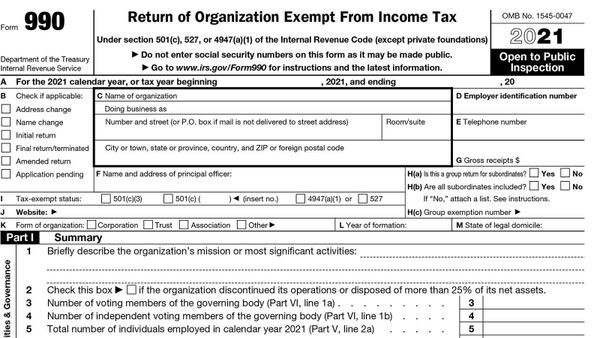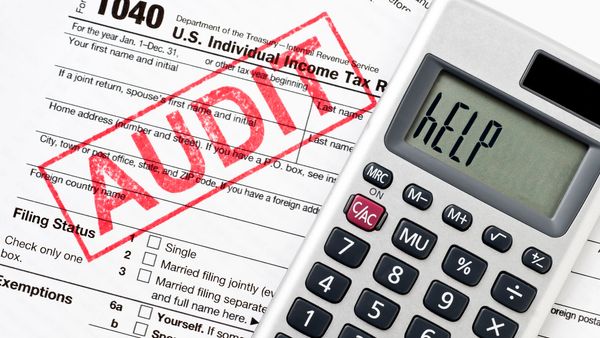Whether you dabble in the stock market or jump in wholeheartedly, the profit or loss you see is important to you. It's also significant to the IRS. The cost basis -- also known as the adjusted basis or tax basis -- is, in general, the amount you have invested in a particular stock or other asset. The higher the basis, the less the gain, and therefore, the less to be taxed. When you sell, you must keep a close eye on market changes, because the IRS is expecting a check from you if you score big, or even moderately.
To find the cost basis for a specific stock, multiply the number of shares you purchased by the cost per share. Remember to include any commission you paid. Imagine that you bought 10 shares of that new high-tech start-up at $25 a share. Add that $250 to the $10 commission you paid, and your cost basis for this venture would be $260 [source: Baldwin]. To determine the basis for an individual share, just divide the total by the number of shares you have. In this case, each share has a cost basis of $26.
Advertisement
This information becomes important for tax purposes when you sell stock. You must find the difference between the cost basis and the total selling price. If the selling price is higher than the basis, you have a profit to report to the IRS. However, if you sell the stock for less than your original expenditure, it's a loss.
Cost basis becomes a bit trickier if you inherit stocks or other assets, such as real estate. With an inheritance, the basis is typically how much the asset is worth on the day of your benefactor's death. It doesn't matter if the value of the property increased or decreased while the previous owner possessed it. You will be financially accountable only if the stock rises in value once it's yours. It's like a "get-out-of-paying-taxes-free" card from the IRS [source: USA Today].
Gifts are only slightly more complicated. If you get a gift of stock and later sell it at a profit, the basis is what your patron would have paid if the stock was still in her possession. If you sell at a loss, the basis is either the previous owner's basis or the stock's worth on the day you received it. You are required by the IRS to use the amount that is lower [source: USA Today]. This prevents you from getting a tax break on a loss that occurred while the previous owner had possession of the asset. No "tax-free" card in this case.
For basic transactions, determining cost basis is straightforward. However, certain situations generate more hurdles. In the case of surviving spouses, joint tenancy, divorce, stock splits or dividend reinvestment, the tax rules are more complex. But keeping track of cost basis is getting easier. Since 2011, federal regulations require brokers to keep track of the basis of many assets, such as stocks. When the asset is sold, the broker notifies the owner of the cost basis. It's handy for the owner –- and for the IRS, which also receives the information. Now you and the federal government are on an even playing field.
Advertisement



